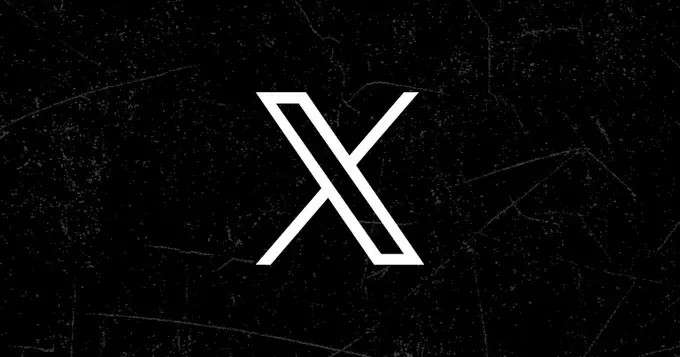In a rapidly evolving digital landscape, the ongoing battle between the European Union and some of the most recognized tech figures presents a compelling narrative. At the heart of this conflict lies Elon Musk’s social media platform X, which is making headlines for its alleged infractions against the EU’s Digital Services Act (DSA). The stakes are high as EU regulators prepare to impose a monumental fine that could reach up to $1 billion—a no small sum for any business, and particularly daunting for a company navigating financial turbulence.
The DSA, introduced as a bold initiative to safeguard users from disinformation and illegal content, is a formidable law that places stringent obligations on social media platforms. Recent reports indicate that X’s content moderation practices, especially in the wake of significant global events, have raised red flags regarding compliance. The notion that a platform with such massive reach could falter in maintaining a safe online environment shakes the foundation of trust among its users and prompts regulatory scrutiny.
Musk’s Double-Edged Sword: Innovation or Responsibility?
Elon Musk, a figure synonymous with disruption, now finds himself walking a tightrope. His role at X has often revolved around a willingness to challenge conventional norms through innovation. However, with innovation comes responsibility, and the EU’s investigation spotlights the delicate balance between fostering freedom of expression and curtailing harmful content. Critics argue that Musk’s revision of X’s content moderation strategy has eroded safeguards, allowing disinformation to flourish—an assertion that could have far-reaching consequences for the platform’s reputation and financial viability.
The scrutiny from EU regulators symbolizes a growing concern that technological platforms must operate within a framework that prioritizes public welfare. Musk’s audacious approach has invited both admiration and skepticism, as he attempts to navigate an increasingly complex regulatory environment while combating criticisms of censorship and bias. The EU’s potential penalties not only emphasize the regulatory body’s commitment to enforcing the DSA but also point to the emerging reality that even the most powerful platforms are subject to accountability.
The Ripple Effects: U.S. Business Interests at Stake
The impending penalty for X has broader implications that transcend the borders of the EU, particularly as they relate to U.S. foreign policy and business interests. The potential for this hefty fine to ignite tensions between the U.S. and EU is palpable. The Trump administration, already vocal against perceived unfair regulations impacting American enterprises, could take this as a rallying cry. This suggests a profound intersection of technology, politics, and international relations, where individual businesses become pawns in larger geopolitical games.
The presence of influential figures, such as the new chairman of the U.S. Federal Communications Commission, who has criticized the DSA, elevates the landscape of this regulatory conflict. Musk, who has cultivated a close relationship with Trump, may find that his partnership with the former president could prove beneficial as he seeks to challenge the EU’s actions. Nevertheless, the question of whether this alliance can wield enough power to sway EU authorities remains uncertain.
Financial Quandaries Amidst Regulatory Turbulence
As X braces itself for potential penalties, the financial ramifications cannot be ignored. With advertising revenue reportedly declining post-Musk’s acquisition, the platform is not in a position to absorb hefty fines gracefully. The merger with xAI offers some hope for a financial lifeline, but the operational costs and financial obligations could lead to perilous circumstances if penalized. In this context, the legal battle against the EU’s sanctions might not only be about compliance but rather a fight for survival.
In advocating against the fine, Musk may find himself at a crossroads. On one hand, rallying support from his political ally could strengthen his position; on the other, failure to effectively challenge the EU’s actions may result in lasting consequences for the platform. Thus, the interplay of technology management, international diplomacy, and financial strategy creates a narrative that goes beyond the realm of mere regulation and into the essence of what it means to operate a modern social media platform in a complex global arena.
Ultimately, the unfolding drama between Musk’s X and the EU reflects a broader tension in the digital age—a contention where accountability, innovation, and regulatory frameworks continually clash. As stakeholders on all sides brace for the repercussions, the outcomes may redefine not only the future of X but also the regulatory paradigms governing the ever-evolving world of social media.

